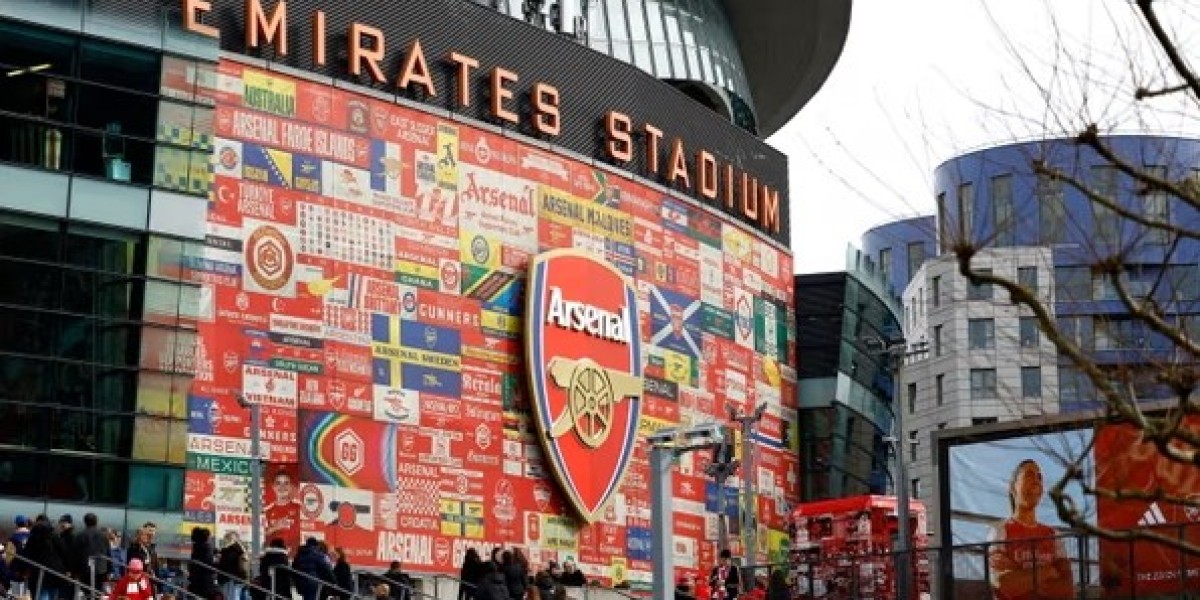February 1961 marked a significant turning point in history as the world witnessed the construction of the Berlin Wall. This event, which unfolded under the cloak of night, would go on to become a haunting symbol of the Cold War's ideological struggle and the physical division of Berlin. As the sun rose on that fateful morning, the city woke up to find itself barricaded by a formidable barrier, thrusting it into a new era of political tension and human tragedy.
The construction of the Berlin Wall began on the night of August 13, 1961, catching the residents of East and West Berlin by surprise. Overnight, barbed wires, concrete slabs, and armed guards transformed the city's landscape, splitting it into two distinct halves. East German soldiers patrolled the newly erected border with strict orders to prevent any unauthorized movement between the two sides. Families were separated, lifelong friends torn apart, and a once unified community was thrust into grief.
Furthermore, the wall became a symbol of the Cold War itself, embodying the ideological and political differences between the East and West. East Berlin, under Soviet influence, aimed to portray the wall as a necessary measure to protect its citizens from the perceived threat of Western imperialism. Conversely, West Berlin and its Western allies regarded the wall as an affront to human rights, a brutal manifestation of the iron curtain that suppressed basic freedoms.
Despite the grim circumstances, the Berlin Wall also represented the relentless human spirit and the yearning for unity. Over the years, countless individuals risked their lives attempting to escape, whether through secret tunnels, daring jump attempts, or even disguising themselves. Each successful escape stood as a testament to the indomitable human will, defying the wall's oppressive existence.
It wasn't until November 9, 1989, almost three decades later, that the Berlin Wall was finally dismantled, signifying the beginning of the end of the Cold War. The wall's fall paved the way for Germany's reunification and brought joy to the hearts of those who had endured the years of division.
The construction of the Berlin Wall in 1961 forever altered the course of history, casting a long shadow on the world's perception of the Cold War. It served as a constant reminder of the deep divisions caused by political ideologies and the immense human suffering they could unleash. Today, the remnants of the Berlin Wall stand as a potent symbol of hope, resilience, and the commitment to never let such division prevail again.








